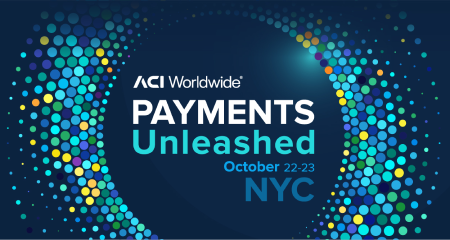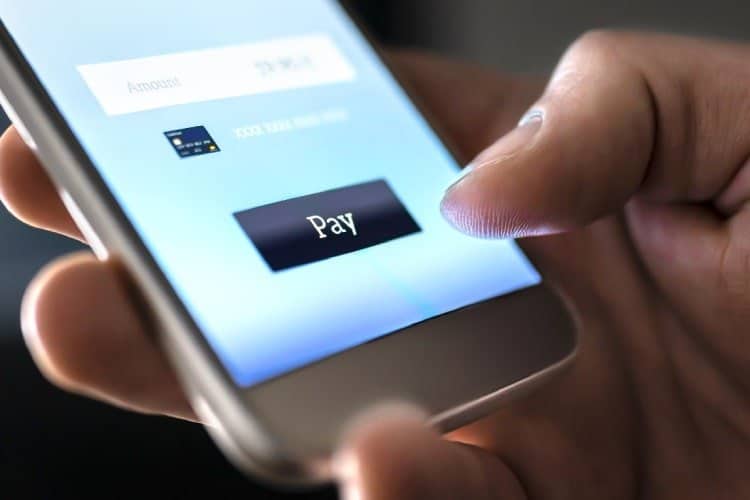From your perspective, what are the main arguments for merchants to accept payments with bitcoin, especially in a global eCommerce context?
I would emphasize five main arguments for merchants to accept bitcoin payments:
Bitcoin is the first decentralized borderless payment system in the world and is therefore useful to receive international payments. International payments in the traditional financial system are subject to higher costs, and often delays. With bitcoin, transactions are faster and lower-cost when operating across borders.
With fees around 1%, bitcoin is a cheaper option than any other traditional payment method. By accepting bitcoin, merchants are already saving around 2-3 % depending on the settlement currency.
The third argument is around risk. Bitcoin transactions cannot be reversed, are secure and do not carry personal data, so merchants are not exposed to potential losses that may occur from fraud. In addition, settlements are done in legal tender so merchants do not handle bitcoin if they do not want to.
There are companies like Payment21 offering merchant services that handle fast settlements in legal tender straight into the merchant’s bank account. Bitcoin technology speeds up settlement payments to merchants, resulting in a better cash flow.
Finally, bitcoin gives merchant the possibility to receive payments globally and in countries where the merchant doesn’t have a physical presence. Not everybody owns a credit card, especially in emerging markets, so there is an opportunity for merchants to serve the under-banked market as well. In addition, studies show that bitcoin users are mostly tech-savvy males with above-average disposable income. They are known to be young, urban, professional, intellectual, and digital natives. Or, YUPIDs as we call this special segment of Generation Z – the so-called “Post-Millennials.” Acquiring this target group early on makes a lot of sense, because they will be the big spenders and decision makers of tomorrow.
Following on from that, do you want to highlight any particular advantages of cryptocurrencies like bitcoin over more traditional eCommerce payment methods?
The fact that bitcoin technology is the first payment method that is 100% digital (transaction starts and ends online) opens up a range of possibilities.
Firstly, the processing of payments through cryptocurrency is different compared to the traditional clearing and settlement mechanism. Legacy payment systems split up clearing and settlement into two different operations. Bitcoin does it in one step and in real-time. Bitcoin payments are processed on a transaction-by-transaction basis without batching payments for clearing followed by later fund settlement through corresponding banking.
The simplified clearing & settlement mechanism works because the blockchain acts as the ‘middleman.’ The blockchain uses file-sharing technology. It represents trust in digital form, eliminating counterparty risk and chargebacks.
Bitcoin also allows access rights to funds. This feature is like putting a unique stamp on a paper bill telling everyone who owns it.
A final advantage worth highlighting is that due to reduced infrastructure requirements, merchants collect payments faster and they can provide a substantial discount to promote sales, while improving their cash flow.
Are there certain markets or verticals that are particularly well suited to expanding bitcoin acceptance? Do you see some use cases where the potential of bitcoin has still not been fully explored?
A use case that hasn’t been fully explored, and in my opinion has good potential, is bitcoin bulk payments (payouts) and bitcoin payroll services. As bitcoin keeps growing into more mainstream usage, and it gets easier for people to spend it, these services are going to become more popular among companies. They enable companies to cut operational costs and automate certain tasks such as payments to vendors, customers and employees.
In terms of verticals, digital goods and services, prepaid card top-ups, licensed gaming, forex account funding, and eCommerce gift cards are all areas that are well suited to expanding bitcoin acceptance.
Beyond bitcoin itself, there is increasing discussion about the application of blockchain technology elsewhere in the financial services sector. How do you see this developing? Does this intersect with the faster payments movement?
The faster payments movement in the US and in Europe has not yet been fully realized: banks in Europe are about to introduce SEPA Instant, while in the US they are talking about instant ACH. However, banks on both sides of the Atlantic have not found a functional system model to make faster payments possible. Currently, it is just not profitable for banks to provide instant payments. There is no incentive for them because customers are not ready to pay for faster services.
Blockchain technology could be an option to help them achieve this more efficiently. Blockchain is a distributed ledger where networked computers record and settle transactions. Further research and testing of this technology can definitely improve the speed of transactions and make the financial system far more efficient sooner than we might imagine.
Bitcoin technology is game-changing because it allows tracking of cross-border payments in real time. This feature is the reason why numerous banks are currently exploring this technology, with the goal of taking this to the real world, primarily to enable them to achieve real-time settlement rather than taking several days.
Regulation is a key issue in the bitcoin industry – how does Payment21 specifically address this field?
The regulatory aspect of bitcoin transactions is indeed a very important factor in the industry. Businesses have to pay close attention to how they process transactions and if the company providing the service has the regulatory framework to comply with current laws.
Payment21’s merchant approval policy is fully compliant with Swiss regulations for financial intermediaries and all applicable laws including proper Know Your Customer (KYC) practices. Due diligence is carried out on each merchant and all merchant information is safeguarded by Swiss data protection laws. To comply with Anti-Money-Laundering (AML) provisions, beneficial owners as well as controlling owners are identified. We work closely with our customers to provide the legal requirements specified for each industry and their banking partners
Payment21 is committed to building trusted networks and making the digital payments ecosystem compliant, secure and more user-friendly. The venture has also been recognized for its high security standards in processing cross-border transactions. The company has been dealing with alternative payments methods for more than a decade. The owner of the Payment21-brand is a registered financial intermediary executing the legal obligations set by the Swiss Financial Market Supervisory Authority (FINMA).




